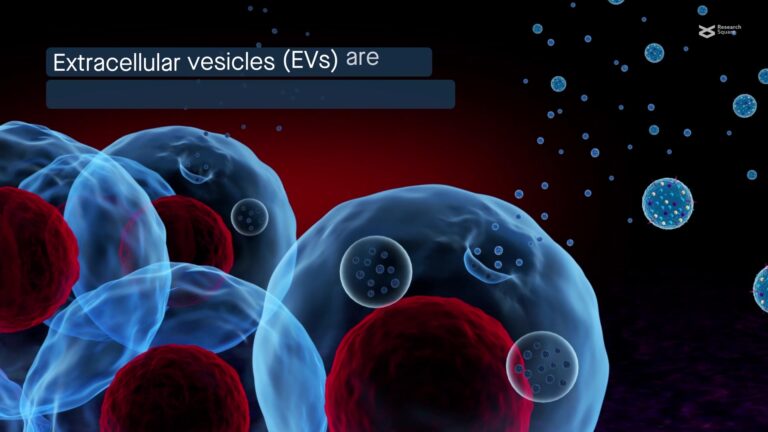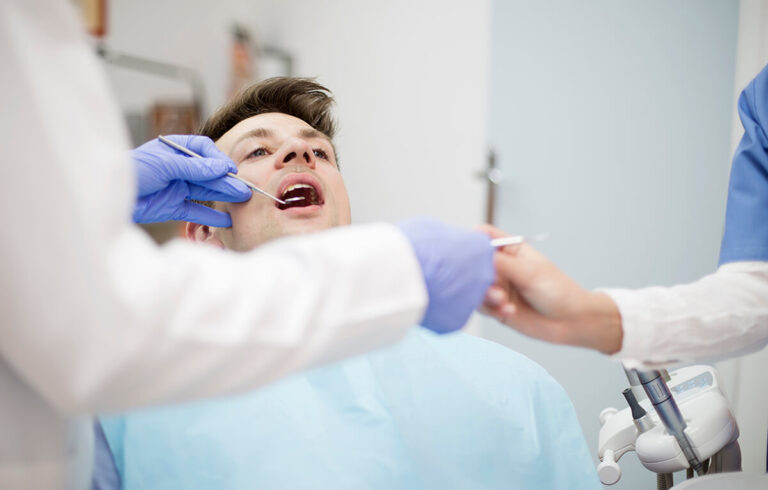Tag: dental
The Science of Smile Design: Balancing Functionality and Aesthetics in Dentistry
Introduction: The Beauty of Smile Design
Smile design is a fascinating blend of artistic vision and scientific precision that has revolutionised modern dentistry. This sophisticated approach to dental care with a dentist in Epping combines technical expertise with aesthetic principles to create harmonious, natural-looking smiles that complement facial features whilst maintaining optimal oral function.
Understanding the Fundamentals of Smile Design
When visiting a dental professional for smile enhancement, patients often discover that the process involves much more than simply whitening teeth or applying veneers. According to comprehensive research on smile design principles in cosmetic dentistry, practitioners must consider multiple factors to achieve optimal results.
Key Elements of Smile Analysis
The science of smile design encompasses several crucial components that dental professionals evaluate:
- Facial symmetry and proportions
- Gingival (gum) aesthetics
- Tooth positioning and alignment
- Colour gradation and harmony
- Lip line and smile arc
The Technical Aspects of Smile Design
Modern smile design utilises advanced digital technology and precise measurements to create predictable outcomes. Recent developments in digital smile design technology have enabled dental professionals to provide patients with preview images of potential results, facilitating better communication and more satisfying outcomes.
Balancing Form and Function
While aesthetics are crucial, any dentist would emphasise that functionality must never be compromised. The goal is to create a smile that not only looks appealing but also supports proper bite alignment, speech, and overall oral health. This balance requires careful consideration of:
- Occlusal relationships (how upper and lower teeth meet)
- Temporomandibular joint function
- Phonetics and speech patterns
- Long-term dental stability
The Role of Individual Features
Each person’s smile is unique, and dental professionals must consider individual facial characteristics when planning smile enhancements. Contemporary smile design guidelines emphasise the importance of customising treatment plans to suit each patient’s facial structure, age, and personal preferences.
Personalisation in Smile Design
The personalisation process takes into account various factors that contribute to a natural-looking smile, including:
- Age-appropriate tooth characteristics
- Gender-specific dental features
- Cultural considerations
- Personal style preferences
The Psychological Impact of Smile Design
Beyond the physical aspects, smile design can have profound effects on an individual’s self-confidence and social interactions. When visiting a dentist, patients often report that enhanced smiles contribute to improved personal and professional relationships.
Long-term Considerations
Successful smile design requires careful planning for long-term maintenance and stability. Dental professionals must consider:
- Material durability and longevity
- Maintenance requirements
- Future dental health considerations
- Potential need for adjustments
Modern Technologies in Smile Design
Contemporary smile design incorporates various technological advances that enhance both the planning and implementation phases. These innovations include:
- 3D imaging and planning software
- Digital impression systems
- Computer-aided design and manufacturing
- Advanced material science applications
Conclusion
The science of smile design represents a sophisticated merger of artistic principles and clinical expertise. It requires a comprehensive understanding of dental aesthetics, function, and individual patient needs. Through careful consideration of all these elements, dental professionals can create smiles that not only look natural and attractive but also function properly and stand the test of time.
As the field continues to evolve, new technologies and techniques emerge, offering ever-improving options for smile enhancement. The key to success lies in maintaining the delicate balance between aesthetic desires and functional requirements, ensuring that each smile design project achieves optimal results whilst preserving oral health and comfort.
Any surgical or invasive procedure carries risks. Before proceeding you should seek a second opinion from an appropriately qualified health practitioner.
Revitalising Dental Hygiene Practices: A Fresh Perspective
Introduction
In today’s fast-paced world, maintaining proper oral health requires more than just regular brushing. Professional dental hygiene services, particularly dental hygiene in Canary Wharf and other urban centres, have become essential components of comprehensive oral care.
The Modern Approach to Dental Hygiene
The evolution of dental care has transformed significantly over the centuries, from primitive cleaning methods to today’s sophisticated approaches. Modern dental healthcare practices and technological innovations continue to reshape how people maintain their oral health, offering increasingly effective solutions for dental hygiene and preventive care. These services combine traditional cleaning methods with cutting-edge techniques to ensure optimal oral health.
Revolutionary Technologies in Dental Care
The dental industry has witnessed remarkable technological advancements in recent years. Modern dental clinics now feature contemporary equipment and innovative tools that enhance the efficiency and effectiveness of dental hygiene treatments. These developments include:
- Advanced ultrasonic scaling devices
- Digital imaging systems for detailed oral examination
- Air polishing technology for stain removal
- Laser-assisted periodontal treatments
The Science Behind Professional Cleaning
Professional dental hygiene involves more than surface-level cleaning. Studies have shown that regular professional cleaning sessions can significantly reduce the risk of various oral health issues. The process typically includes:
- Comprehensive oral assessment
- Professional scaling and root planing
- Targeted plaque and tartar removal
- Personalised oral hygiene instruction
Preventive Care and Modern Techniques
Prevention remains the cornerstone of effective dental hygiene. Contemporary dental practices emphasise the importance of preventive care through regular check-ups and professional cleaning sessions. The focus on dental hygiene in Canary Wharf and similar urban areas has led to increased awareness about the significance of maintaining good oral health through preventive measures.
Personalised Approach to Dental Care
Modern dental hygiene practices recognise that each individual’s oral health needs are unique. Research has demonstrated that personalised dental care programmes yield better long-term results compared to standardised approaches. This individualised strategy considers factors such as:
- Personal oral health history
- Lifestyle habits and dietary choices
- Existing medical conditions
- Genetic predispositions to dental issues
The Role of Education in Dental Hygiene
Professional dental hygiene services not only focus on cleaning but also emphasise patient education. When seeking dental hygiene in Canary Wharf or other locations, patients receive valuable guidance on:
- Proper brushing and flossing techniques
- Selection of appropriate oral care products
- Dietary recommendations for optimal oral health
- Early detection of potential dental issues
Integration of Holistic Approaches
Contemporary dental hygiene practices increasingly incorporate holistic elements into their treatment protocols. This comprehensive approach considers the connection between oral health and overall well-being, addressing factors such as:
- Stress management and its impact on oral health
- Nutritional counselling for dental wellness
- Natural remedies to complement traditional treatments
- Lifestyle modifications for better oral health
Conclusion
The landscape of dental hygiene continues to evolve, incorporating new technologies and approaches whilst maintaining the fundamental principles of good oral care. As the understanding of oral health expands, dental hygiene practices adapt to provide more effective, personalised care solutions. By embracing these modern approaches and maintaining regular professional care, individuals can achieve and maintain optimal oral health throughout their lives. The future of dental hygiene looks promising, with ongoing developments in technology and treatment methods ensuring that patients receive the highest standard of care. This evolution in dental care practices represents a significant step forward in promoting long-term oral health and overall well-being.



















